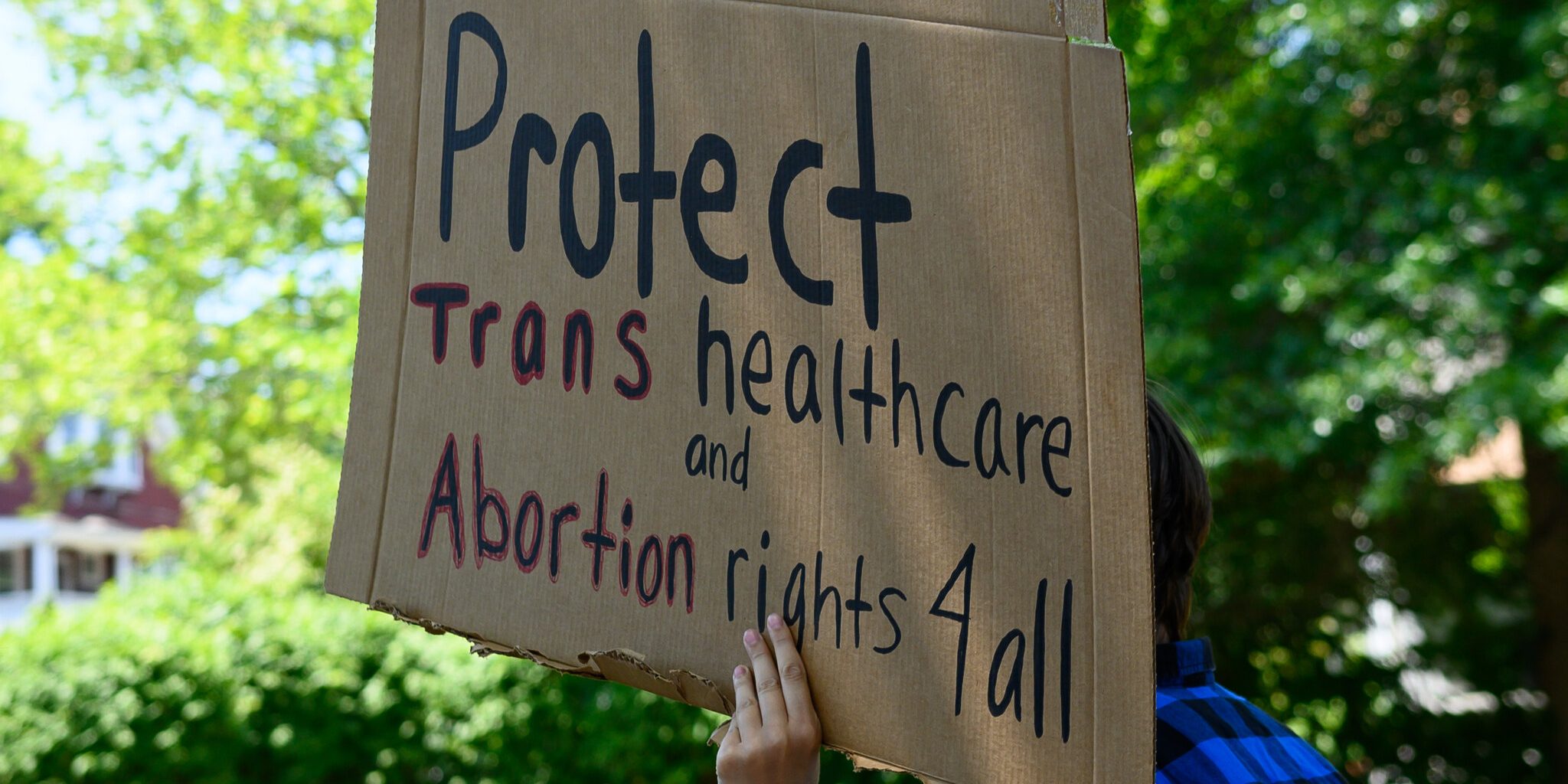Alabama Attorney General Steve Marshall filed an amicus brief backed by 22 other states challenging a recent court decision from the Eleventh Circuit Court of Appeals forcing employers who offer healthcare coverage to also pay for employees’ sex-change operations. According to the ruling, employers who don’t adhere to the decision can be held liable under Title VII of the Civil Rights Act of 1964.
“This case calls out for correction by the full Eleventh Circuit. It is hard to overstate how radical the panel’s decision is,” Marshall said.
“With its interpretation of a federal statute meant to require equal treatment in the workplace, the court fundamentally transformed Title VII to require favored treatment for employees who identify as transgender by mandating coverage for any number of treatments or operations such an employee could want. The court’s rewrite of Title VII will produce wide-ranging consequences for employers, who now face both greater liability and diminished clarity over how far the law extends.”
“The Court must correct this decision.”
The case in question that led to the court’s ruling, occurred after a sheriff’s deputy from Houston County, Georgia wanted a sex-change operation to transition from male to female. When the deputy was told that their employer’s insurance provider would not cover the operation, the employee sued under Title VII which prohibits discrimination in the workplace on the basis of race, color, religion, sex, or national origin.
RELATED: Alabama AG files lawsuit to block Biden’s proposed radical gender policies in schools across America
A divided panel of the court eventually found that the employer could indeed be held liable for violating Title VII by not funding the operation.
The amicus brief explained part of the logic behind the challenge.
“Even if members of both sexes could take the same drug or undergo the same “procedure” at some high level of generality, basing coverage decisions on differing diagnoses and corresponding treatment recommendations is not discriminatory because that decision, by itself, does not mean that anyone is treated worse than someone else because of sex.”
“The ‘treatments’ are simply not the same.”
Alabama was joined in leading the brief by Florida and Georgia, the two other states effected by the 11th Circuit Court’s ruling. Other states who took part in the legal action included Alaska, Arkansas, Idaho, Indiana, Iowa, Kansas, Louisiana, Mississippi, Montana, Missouri, Nebraska, North Dakota, Ohio, South Carolina, South Dakota, Texas, Tennessee, Utah, Virginia, and West Virginia.
Austen Shipley is a staff writer for Yellowhammer News. You can follow him on X @ShipleyAusten













